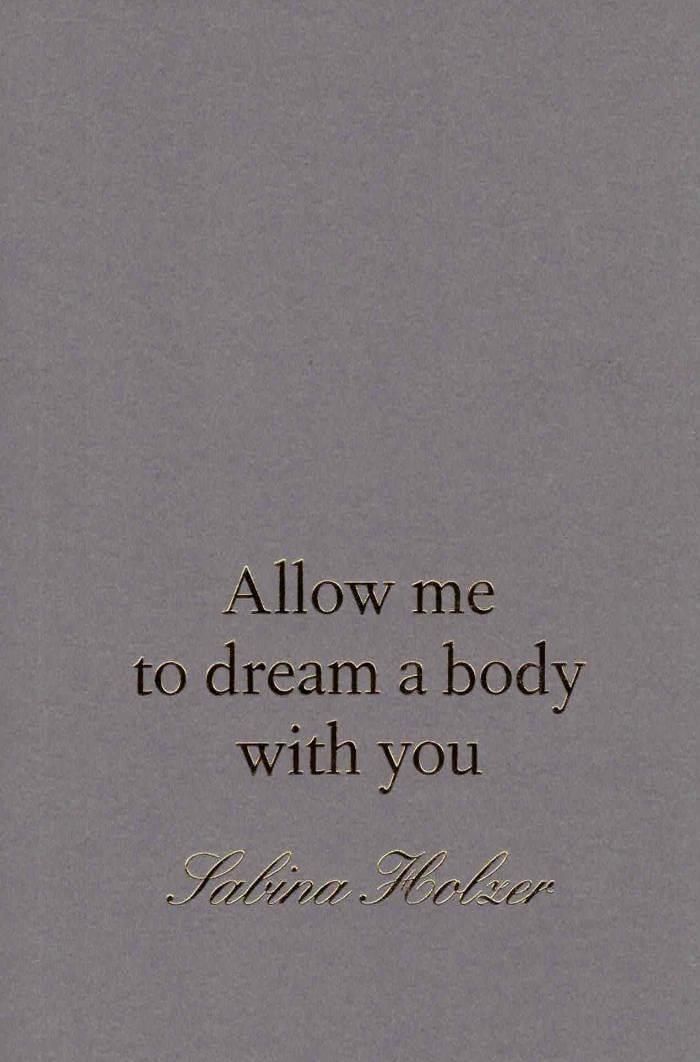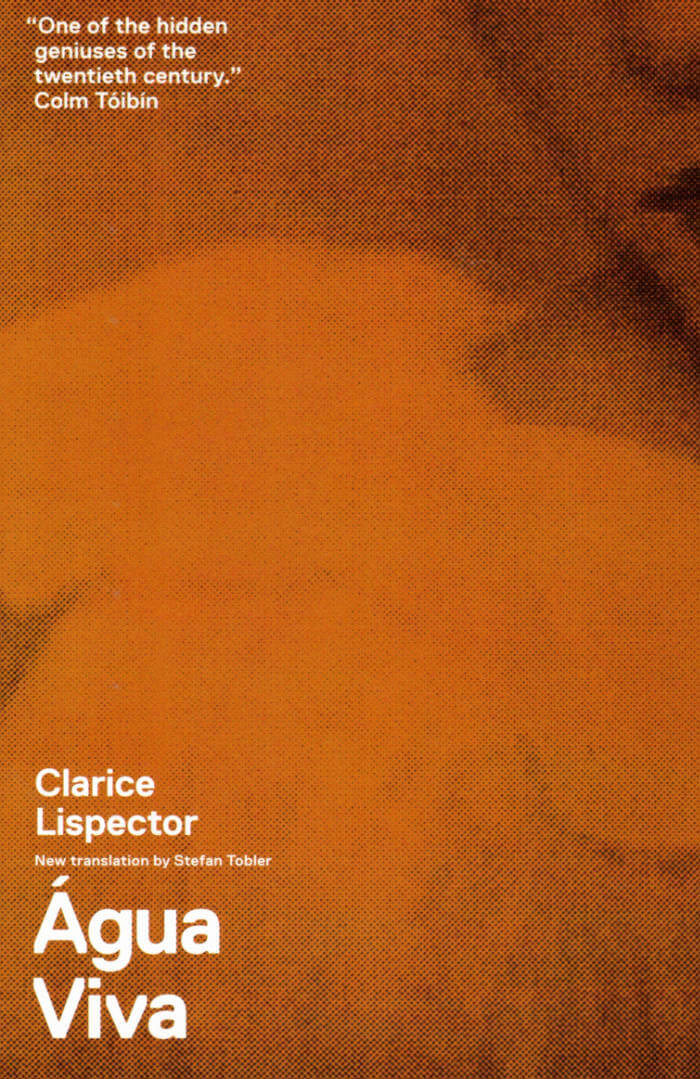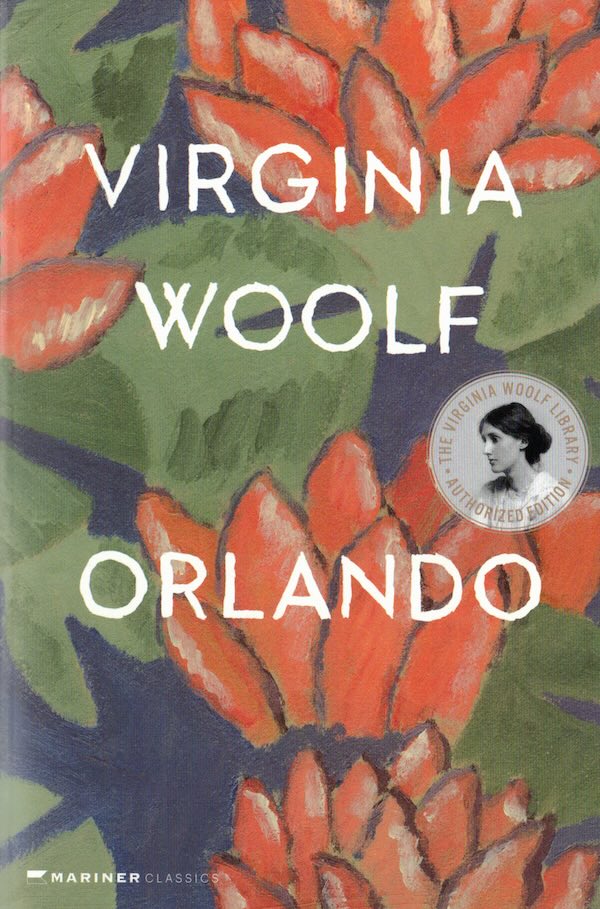
Hildegard Von Bingen's Physica
Hildegard von Bingen, Priscilla Throop trans.
At a time when few women could write and most were denied a formal education, Hildegard von Bingen became a legendary healer, visionary, musician, artist, poet, and saint. In Physica, Hildegard presents nine "books" of healing systems: Plants, Elements, Trees, Stones, Fish, Birds, Animals, Reptiles, and Metals. In each book she discusses the qualities of these natural creations and elaborates on their medicinal use, explaining how to prepare and apply different remedies. With its emphasis on balancing the humors, Physica has strong affinity with the Oriental medical approaches gaining great respect today.
The modern reader interested in natural healing will recognize the enormous truth in the theories of this twelth-century physician, many of which prove effective today, serving as a reminder that our cures for illness depend on our natural world and our place in it.
As Hildegard states in Physica, "With earth was the human being created. All the elements served mankind and, sensing that he was alive, they busied themselves in aiding his life in every way."
Translated by Priscilla Throop a Latin and Greek scholar, she holds a master's degree from the Centre for Medieval Studies at the University of Toronto, as well as a Certificate of Advanced Theological Studies from the Episcopal Divinity School in Cambridge. She is a member of the Vermont Classical Language Association and is currently translating Isidore of Seville's Etymologiae. She lives in Charlotte, Vermont.





